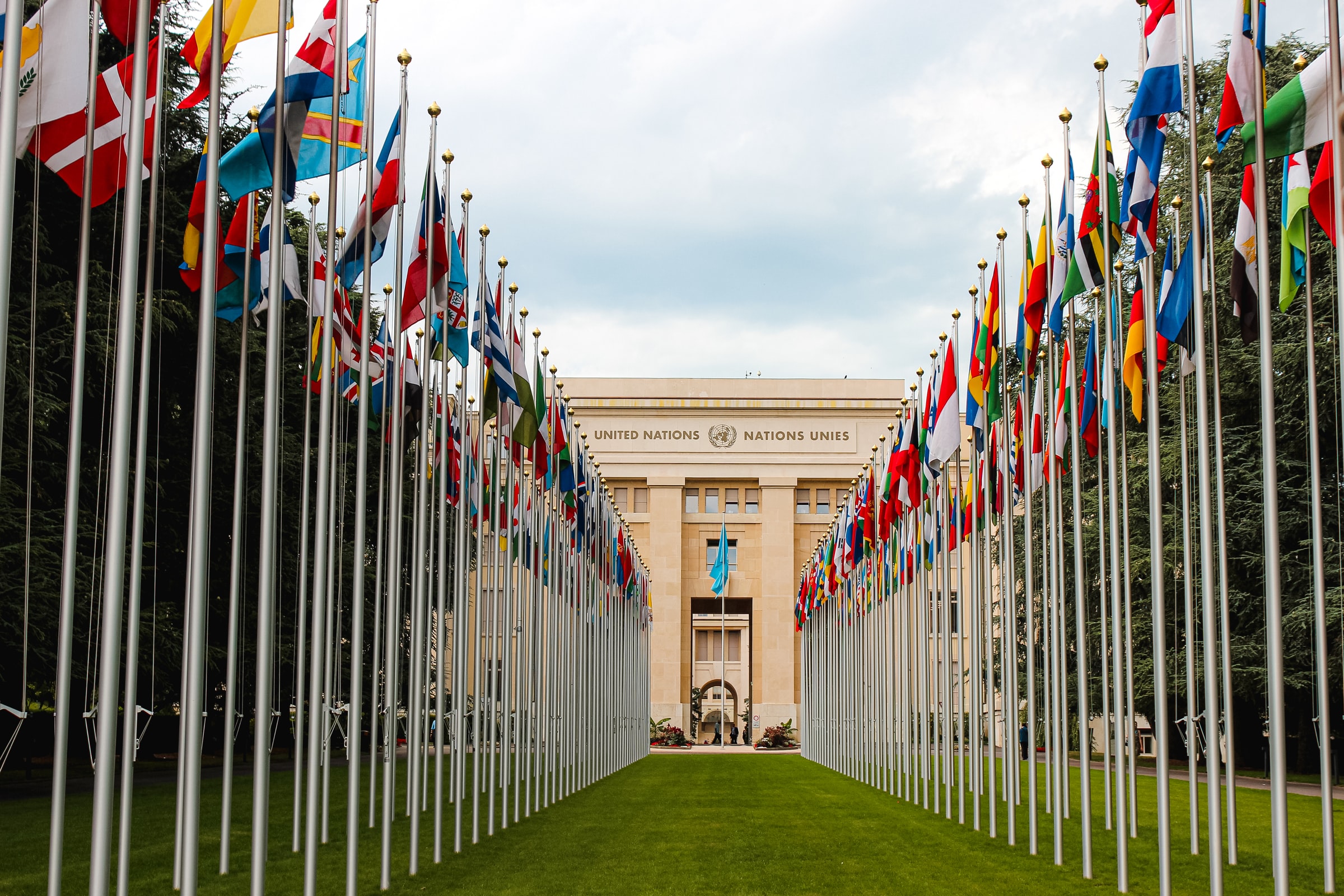The Global Covenant of Mayors for Climate and Energy has grown over the past two years, having merged its European and global networks in 2016, to now include over 7,520 cities, representing nearly 708 million people and 9.63% of the total global population. Just last month, the very active Global Covenant of Mayors opened a new Worldwide Headquarters in Brussels and announced a commitment to build a city research and innovation agenda that will enable cities to take accelerated and more ambitious climate action.
These recent developments piggyback off the momentum gained in early March at the Intergovernmental Panel on Climate Change (IPCC) Cities and Climate Change Science conference in Edmonton, Canada, and the sequential Edmonton Declaration, which was drafted in partnership with the Global Covenant of Mayors for Climate and Energy. The Declaration commits cities to take urgent evidence-based action on climate change through a call-to-action to consider the role of scientific research and data in building climate action plans and to prioritize science based decision-making that reinforces the targets set in the Paris Agreement.
The City Research and Innovation Agenda will focus on some of the most critical areas to drive climate action in cities, including frontier-research on low-carbon urban infrastructure, e.g. smart grids, access to affordable green energy, low carbon heating and cooling of buildings, e-mobility and integrated public transport systems, as well as adaptation responses such as resilient infrastructure and early warning systems. It will support national-based decisions on climate change mitigation at the local level as well as resilience measures to help cities cope with the effects of climate change. And it will provide local governments and practitioners with city level data to help them understand where they stand and how to use smart data for inclusive governance and financing, better planning and more ambitious action, with a special focus on the rapidly urbanizing areas in the Global South.
The Mayors’ new City Research and Innovation Agenda will be developed to complement the IPCC research agenda on the science of cities and climate change. It will be co-developed by engaging cities and city networks, and scientists and research institutions worldwide. Global Covenant Co-Chairs Michael Bloomberg and Maroš Šefčovič aim to mobilize the science, technology, and innovation community, including the private sector, to join city policy makers, scientists and practitioners. The goal is to address critical knowledge, data, and innovation gaps by providing the science and data needed for cities to take faster and more aggressive climate action.
Regarding the research agenda, Maroš Šefčovič, Co-Chair of the Global Covenant of Mayors, Vice President of the European Commission, has said, “Cities are experimenting with innovative solutions. It is in cities that most of the technological innovations and nature based solutions will be deployed to increase resilience and improve the well-being of citizens, that charging points for urban electric vehicles will be rolled out, that decentralised renewable energy production will take off and smart buildings in energy positive neighbourhoods will be constructed. This research and innovation agenda will create a pathway to channel existing funding commitments around research and innovation and develop a new research pipeline that will mobilize resources and knowledge generation for cities. I am looking forward to the Mission Innovation Ministerial on May 23-24 in Malmö/Copenhagen where we will further develop this ambitious agenda.”
The plan is to discuss the City Research and Innovation Agenda with mayors and ministers alongside the third Mission Innovation Ministerial on May 23-24 in Malmö/Copenhagen. Mission Innovation is a global initiative of twenty-two countries and the European Union to accelerate global clean energy innovation. The goal of discussing the research agenda here is to include cities’ needs in national research agendas. Šefčovič, Co-Chair of the Global Covenant of Mayors, Vice President of the European Commission, and responsible for the Energy Union, will host a cities roundtable to stimulate discussion on climate science and spur research and innovation.
The next step will be to bring the City Research and Innovation Agenda forward to the Global Climate Action Summit in San Francisco this September.
See the City Research and Innovation Agenda Press Release.
See the Global Covenant of Mayors Opens Worldwide Headquarters in Brussels Press Release.






